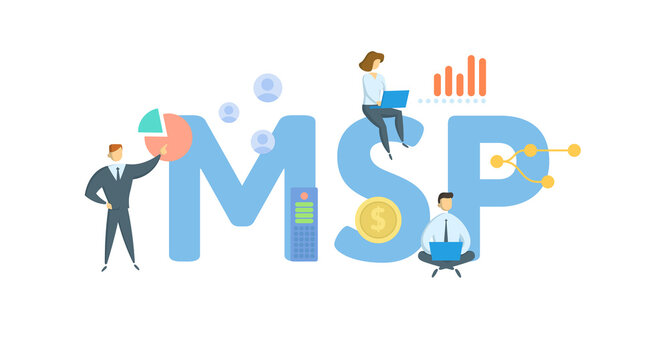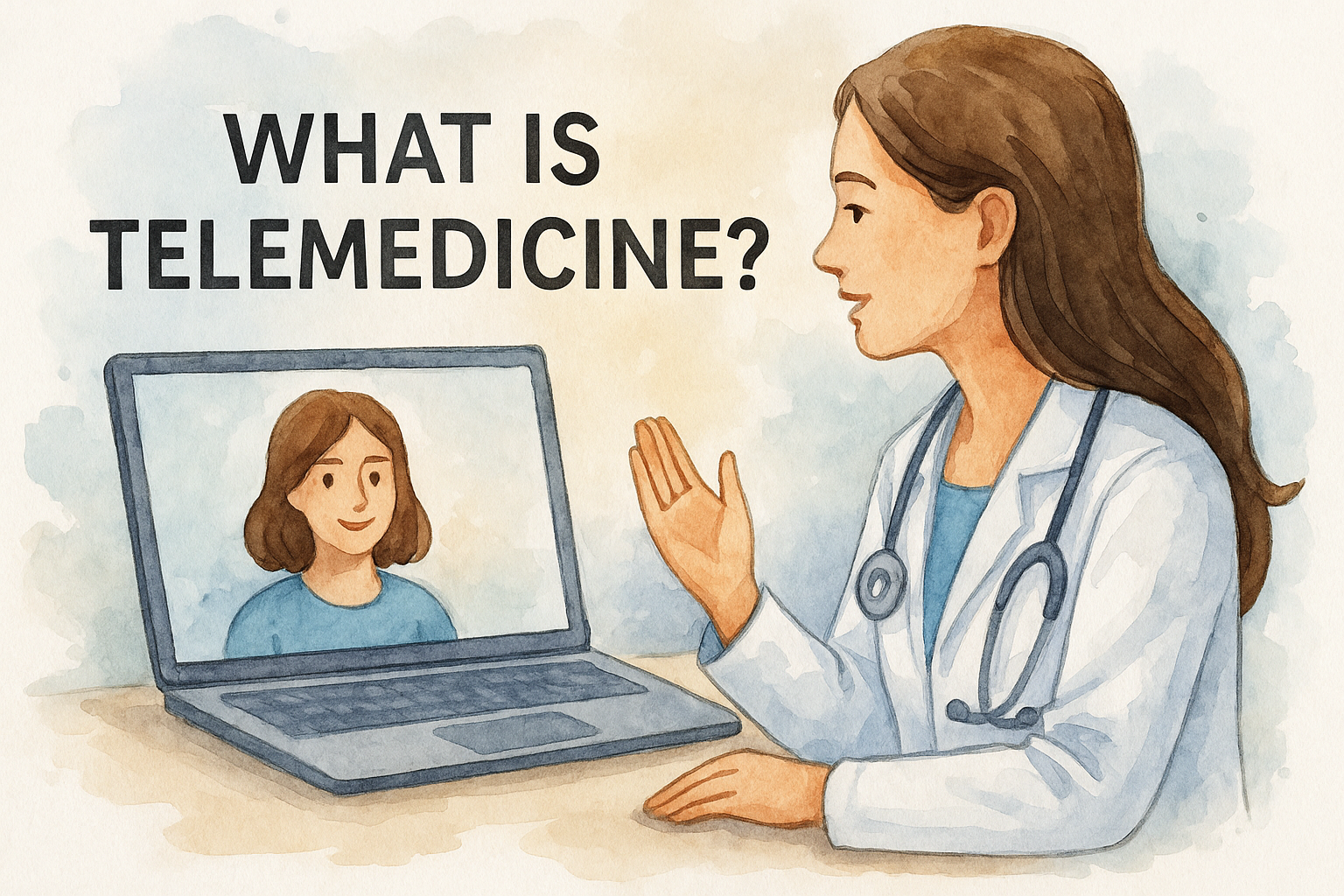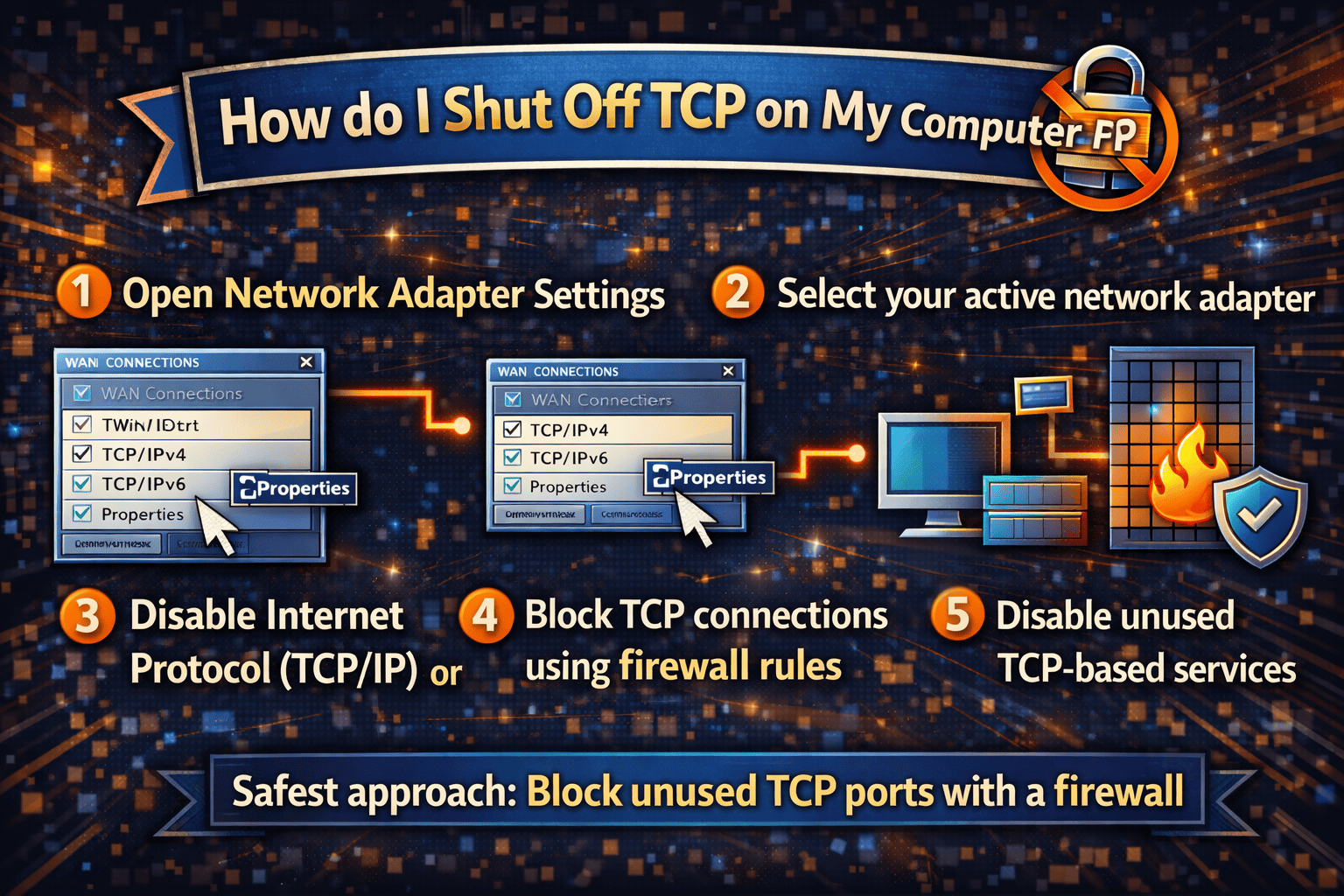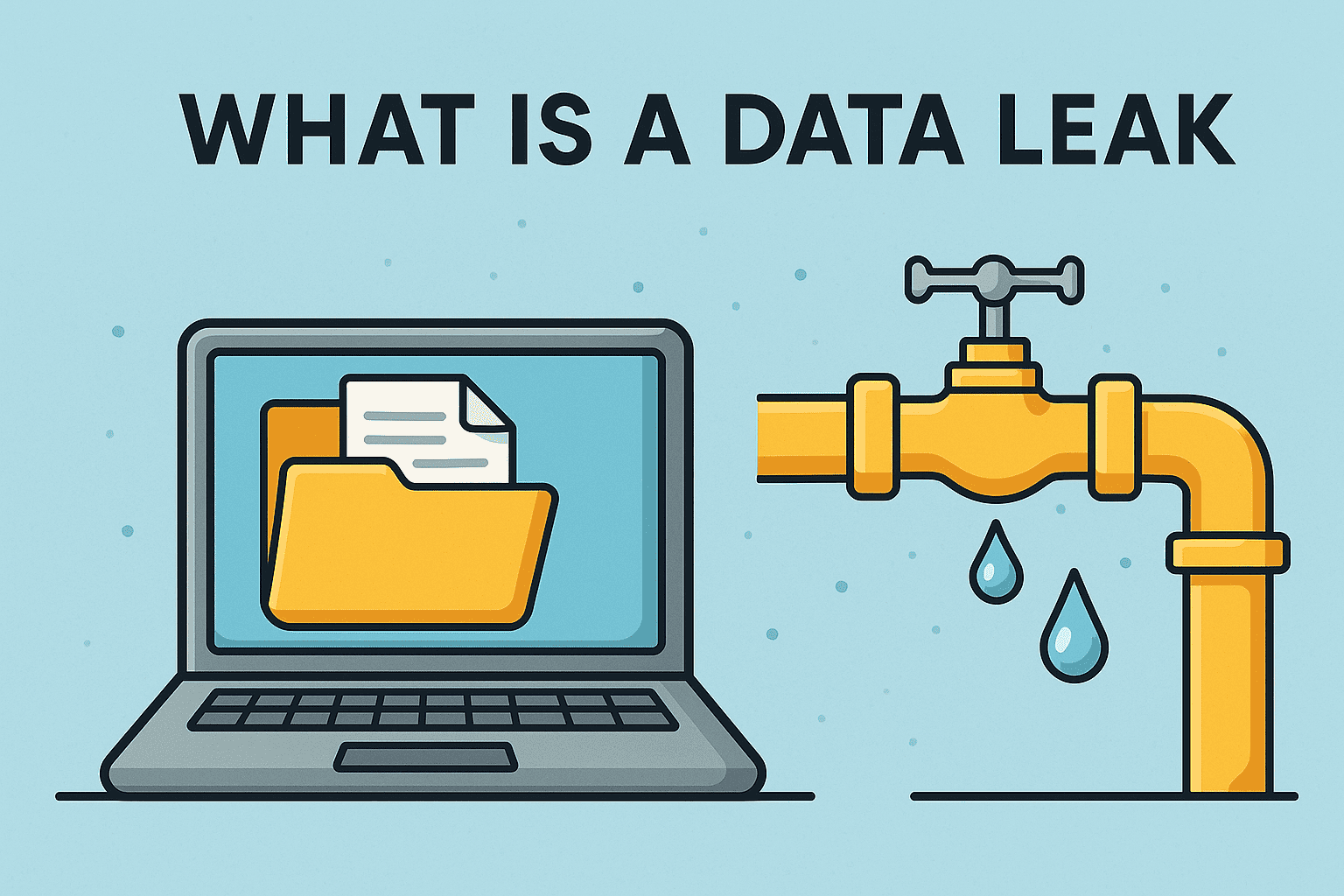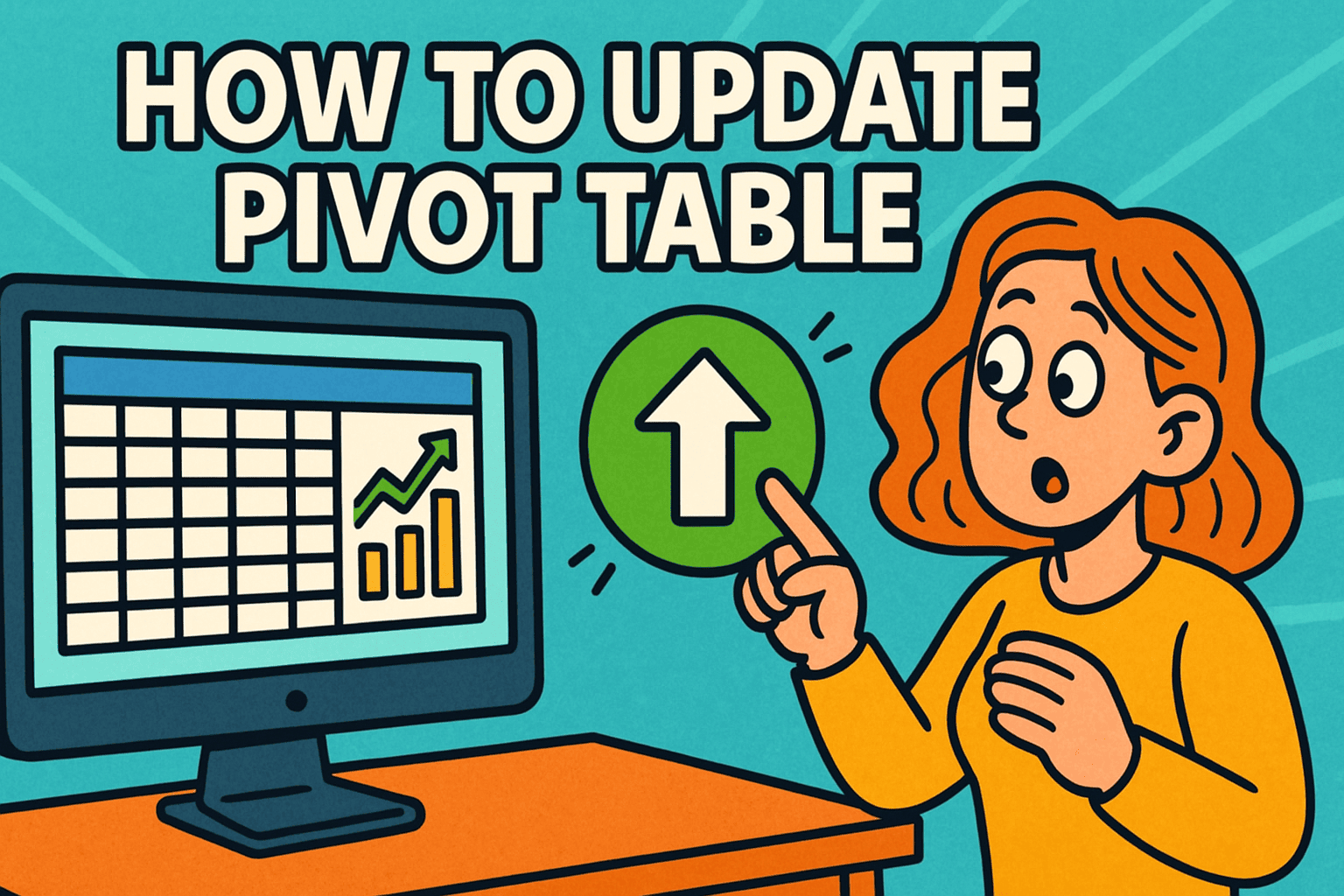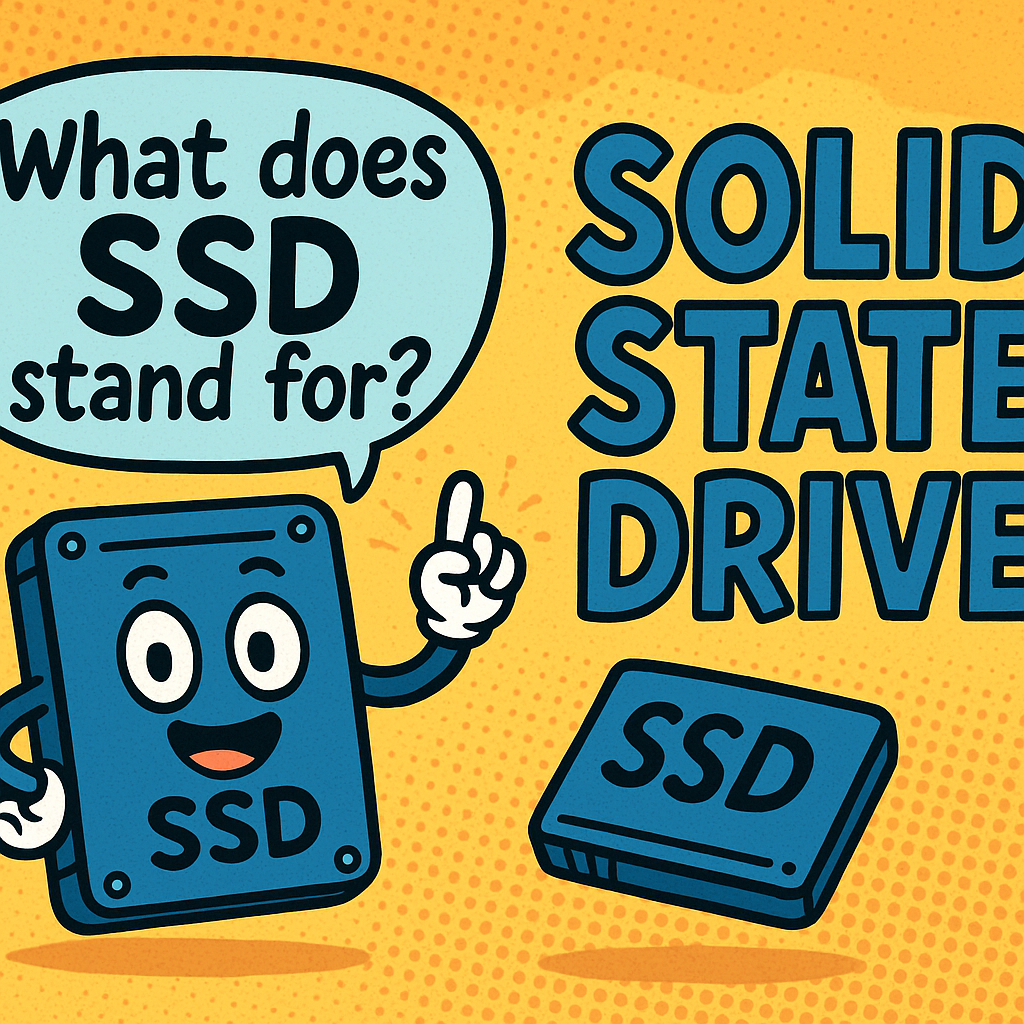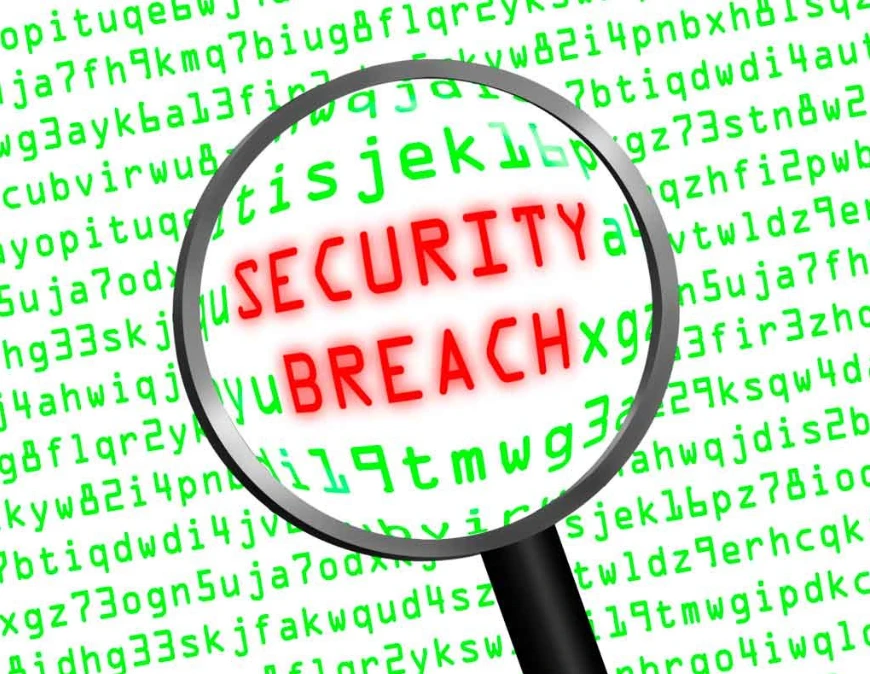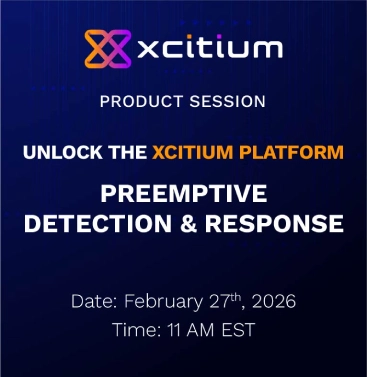What Is HIPPA? Understanding Healthcare Data Privacy and Security
Updated on July 30, 2025, by Xcitium
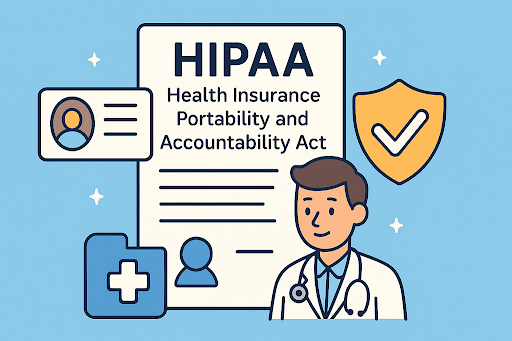
You’ve probably heard the term “HIPPA” when discussing healthcare security—but what does it actually mean? And why is it essential for IT managers, cybersecurity experts, and CEOs?
Let’s clear something up: the correct acronym is HIPAA (Health Insurance Portability and Accountability Act), but “HIPPA” is a common misspelling—and a highly searched term. That makes this a perfect time to explain what is HIPPA, what it covers, and how your organization can stay compliant while safeguarding patient data.
What Is HIPPA (HIPAA)?
HIPPA, often misspelled but widely searched, refers to the Health Insurance Portability and Accountability Act of 1996. It’s a federal law created to protect sensitive patient health information from being disclosed without the patient’s consent or knowledge.
The law applies to:
- Healthcare providers
- Health plans
- Healthcare clearinghouses
- Business associates (like IT service providers or cloud vendors)
Key Components of HIPPA
1. Privacy Rule
Protects patients’ medical records and personal health information (PHI).
Gives patients rights over their health data, including access and corrections.
2. Security Rule
Sets standards for protecting electronic protected health information (ePHI).
Applies to administrative, physical, and technical safeguards.
3. Breach Notification Rule
Requires organizations to notify affected individuals and the Department of Health and Human Services (HHS) if a breach occurs.
4. Enforcement Rule
Outlines penalties and procedures for violations, ranging from $100 to $50,000 per violation, with a max annual penalty of $1.5 million.
Who Must Comply with HIPPA?
✔️ Covered Entities:
- Doctors, hospitals, pharmacies
- Health insurance companies
- HMOs and Medicare plans
✔️ Business Associates:
- IT providers
- Cloud storage vendors
- Billing services
- Cybersecurity contractors
If your organization handles ePHI in any form—you must comply.
Why HIPPA Matters for Cybersecurity Professionals
In an age of ransomware and data breaches, healthcare data is a prime target. A single exposed medical record can fetch $250+ on the dark web.
🛡️ Top Cybersecurity Concerns:
- Phishing attacks targeting healthcare portals
- Ransomware locking critical medical systems
- Insider threats leaking patient records
- Unencrypted emails or lost mobile devices
Cybersecurity teams must ensure HIPPA compliance through layered protection strategies.
How to Protect ePHI: HIPPA Compliance Checklist
- Conduct a Risk Analysis
Evaluate how ePHI is collected, stored, transmitted, and protected. - Implement Access Controls
Use role-based access, MFA, and audit logs. - Encrypt Data
Apply encryption both at rest and in transit. - Train Your Staff
Regular HIPPA awareness training reduces human error. - Maintain Secure Backup Systems
Ensure fast recovery in case of data loss or ransomware attack. - Create an Incident Response Plan
Be ready to act fast if a breach occurs.
Real-World Example: A HIPPA Compliance Win
A mid-sized health-tech firm migrated to a HIPAA-compliant cloud platform and implemented automated data loss prevention (DLP) tools. When an employee accidentally attached patient files in an external email, the system blocked the send and flagged it to security—preventing a potential $100K+ penalty.
💡 Tip: Automation and visibility are key to proactive HIPPA compliance.
Common HIPPA Violations and How to Avoid Them
| Violation | Risk Level | Prevention |
| Lost laptop with ePHI | High | Encrypt devices + remote wipe tools |
| Unauthorized access to patient data | Medium-High | Role-based access + audit logs |
| Lack of employee training | Medium | Ongoing HIPPA compliance training |
| Failure to report a breach | Critical | Have a clear incident response plan |
HIPPA vs GDPR vs CCPA
| Law | Region | Focus | Applies To |
| HIPPA | U.S. | ePHI and healthcare data | Healthcare providers & associates |
| GDPR | EU | Personal data and privacy | All companies processing EU data |
| CCPA | U.S. (CA) | Consumer data rights for CA residents | For-profit businesses in California |
HIPPA focuses specifically on healthcare, while the others have a broader scope.
Best Practices for IT & Security Teams
- Deploy endpoint detection and response (EDR) solutions
- Set up SIEM logging and alerts for policy violations
- Perform regular HIPPA audits (internal or external)
- Enforce device management policies on BYOD environments
- Maintain a Business Associate Agreement (BAA) with third-party vendors
Is your organization HIPPA-compliant and protected against healthcare data breaches?
Don’t wait until after a violation occurs.
👉 Request a free compliance and security demo from Xcitium today
Frequently Asked Questions (FAQs)
1. What is HIPPA in simple terms?
HIPPA (correctly spelled HIPAA) is a U.S. law that protects the privacy and security of patient health information.
2. Is HIPPA compliance mandatory?
Yes. All healthcare providers, insurers, and business associates must comply if they handle ePHI.
3. What’s the difference between HIPPA and HIPAA?
There’s no difference—“HIPPA” is a common misspelling. The correct term is “HIPAA.”
4. What are examples of HIPPA violations?
Lost devices with unencrypted data, unauthorized access to records, or failing to notify patients of a breach.
5. How often should HIPPA training be done?
At least annually, but ideally during onboarding and anytime policies are updated.
Conclusion
So, what is HIPPA? It’s more than just a healthcare buzzword—it’s a legal framework protecting millions of patients’ most sensitive information. And for businesses in the health industry or supporting it, HIPPA compliance is not optional—it’s critical.
Security and compliance go hand in hand. Make sure your organization is on the right side of both.
👉 Secure your systems and achieve HIPPA compliance with Xcitium. Book your demo today




